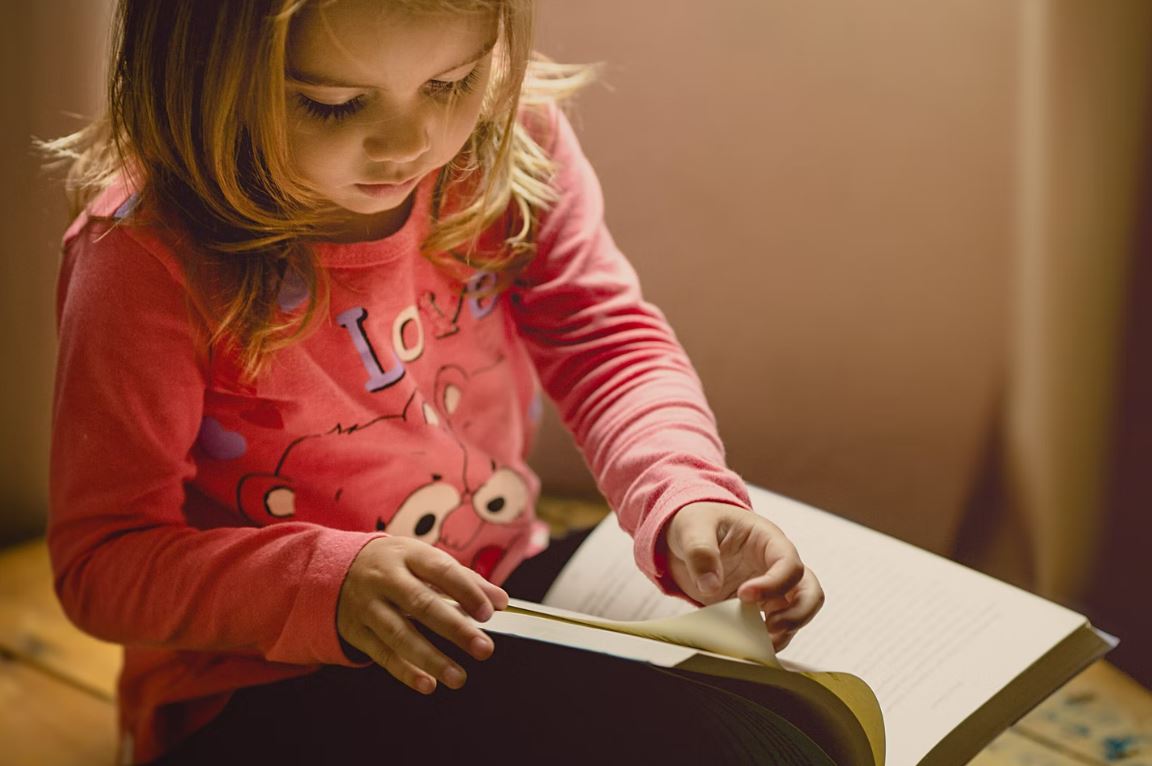
Your children are the ones who turn to you for guidance. As a parent, it’s your responsibility to make sure you equip them to become self-sufficient adults. In addition to teaching them life skills like cooking, changing tires and, money management, you’ll want to instill a passion for learning. As your children become adults, a passion for learning will carry them far in their careers, relationships, and more. In order to help them discover a passion for learning, consider the following tips.
Start with Their Interests
Consider the interests of your children. If you notice that one of your children tends to always keep markers and a drawing pad in their hand, explore that interest in drawing. If another child is always ready to help when it’s time to cook, give them opportunities to pick out recipes and prepare dishes from various cultures. Notice their interest, and guide them to the next level in that interest.
Associate Learning with Fun
When children think about education, it can often become synonymous with boredom. Instead, learn to infuse play into their educational experience. Create a story hour where you all read books together. When teaching certain topics, purchase educational puzzles. Find children’s music that infuses educational lessons in the lyrics. If your children are learning about dinosaurs, take a trip to the local museum that features fossils and lessons on dinosaurs. When it’s time to sign the children up for summer camps, go to this site to expose them to projects and experiences within the S.T.E.A.M industries.
Create a Safe Space
Your children are at the beginning stages of their educational journey. There’s a lot that they won’t know unless you teach them. It’s easy to get frustrated when you feel as though you have to repeat yourself numerous times. However, learn how to take the hints of frustration out of your voice. When children feel safe enough to get the questions wrong, fail and learn from their mistakes, they’re more likely to connect safety and security with education instead of embarrassment, fear, and frustration.
Most parents want to feel like they’re doing a great job with their children. In addition to providing food, clothing and, shelter, go a step further by creating an environment that’s conducive to learning. As you develop the ritual, learning will feel like second nature. As you continue this tradition in their childhood years, they’re more likely to carry a developed love of learning into adulthood.


